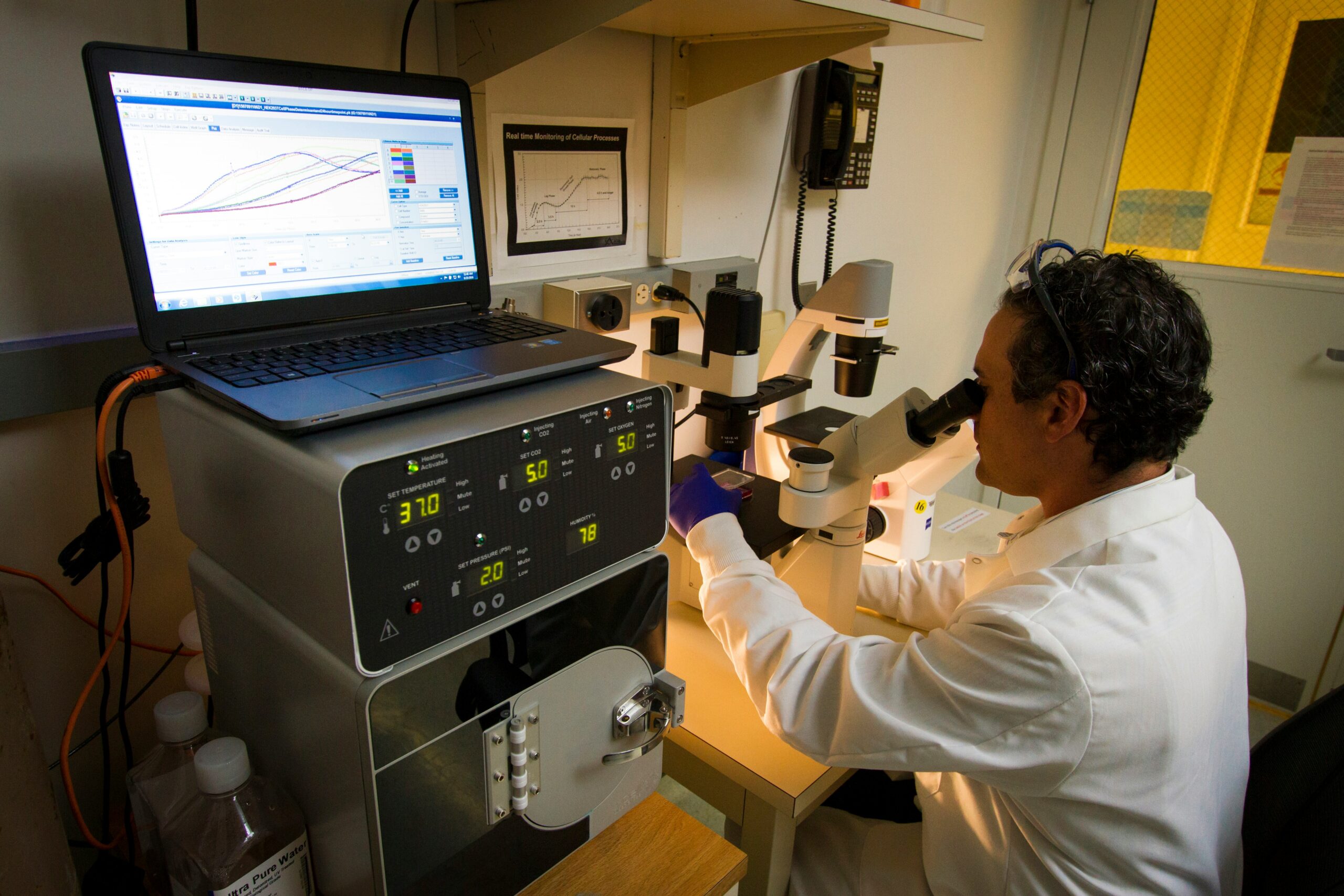
Investors are turning their attention to the life sciences with renewed focus. Advances in science and medicine are opening the door to significant health improvements. As a result, life science investment trends are gaining strength across multiple markets. Demand for faster, more effective treatments is growing. So is interest in healthcare systems that can handle global challenges. These needs drive capital toward companies working on new therapies, diagnostics, and digital tools. Funding now follows innovation, especially when it offers social value and strong returns.
The COVID-19 pandemic also changed how people view science. It proved that early investment in research can lead to life-saving breakthroughs. Many firms and investors are building on that momentum, hoping to support the next generation of healthcare leaders.
Precision Medicine and Targeted Therapies Dominate
One of the strongest trends in life science investment is precision medicine. This approach focuses on treatments designed for individual patients or small groups based on genetics and lifestyle. Investors are drawn to its potential to deliver better outcomes while reducing trial-and-error in treatment. Drug development has become more focused on biomarkers and gene profiles. Startups in this field are gaining early funding from venture firms, while larger pharmaceutical companies are also making strategic moves through acquisitions. These efforts aim to deliver targeted therapies for cancer, autoimmune diseases, and genetic conditions.
The rise of biologics—drugs made from living organisms—is also part of this shift. These treatments are being developed with greater speed and accuracy thanks to new technologies. The result is a wave of particular medicines more likely to succeed in clinical trials. Precision medicine may be expensive to create, but it promises better efficiency in long-term care. For investors, this makes it a compelling area with growing market demand and continued scientific progress.
Digital Health Platforms Open New Investment Avenues
Digital transformation is spreading through life sciences. This change brings both new challenges and new chances for growth. As a result, life science investment trends now include platforms that combine software, data, and healthcare delivery. Telemedicine and remote care platforms became widely accepted during the pandemic. Now, they’re becoming permanent tools in the healthcare system. Investors are backing companies that offer digital consultations, remote patient monitoring, and health management apps.
Big data and analytics also play a significant role. Health systems are flooded with information from electronic medical records, wearables, and research trials. Companies that turn this data into valuable insights are getting noticed. Investors see long-term value in tools that improve decisions and reduce costs. Cybersecurity and data privacy are also becoming key concerns. Platforms that protect health data while still allowing innovation are in high demand. This has opened a new space for investors to support secure, scalable infrastructure for digital health services.
Regenerative Medicine Gains Momentum
Another major trend in life science investment is the rise of regenerative medicine. This includes stem cell therapy, tissue engineering, and new ways to repair damaged organs. These innovations offer hope for treating conditions that once had no apparent cure. Many leading companies in this space are still in early stages, but their science is promising. Breakthroughs in lab-grown tissues and cell-based treatments are attracting long-term investors who believe in their future impact.
Public and private funding are growing in this field. Governments are offering grants, and universities are working with biotech firms to speed up progress. Meanwhile, venture capital groups provide early backing and guide these firms toward market readiness. Regenerative medicine still has hurdles, including regulatory approval and manufacturing scale. Yet the promise of restoring function and quality of life is too strong to ignore, keeping investment flowing into the sector despite its complexity.
Life Science Startups Thrive in New Innovation Hubs
Not all investments are going to established players. Life science startups are booming in cities and countries that weren’t on the map a decade ago. These new hubs are shaping global investment patterns and increasing access to innovation. Emerging regions offer fresh talent, lower operating costs, and growing health markets. Cities like Toronto, Tel Aviv, and Melbourne have built strong ecosystems for health science startups. These hubs now attract global investors looking for early-stage opportunities.
Local governments also play a significant role. By offering tax breaks, research support, and partnerships with academic centers, they help small companies grow faster, allowing innovation beyond traditional powerhouses like Boston, San Francisco, or London. Some investors are forming global partnerships to find the best ideas, regardless of location. This international approach increases the diversity of life science solutions and spreads the benefits of funding across borders.
ESG and Impact Investing Guide: Funding Decisions
Environmental, social, and governance (ESG) values are becoming important to life science investment trends. Investors want more than financial returns. They want to know their money is helping people and protecting the planet. Companies that treat patients fairly, price their drugs responsibly, and use ethical trial practices are in high demand. These values help build trust and reduce the chance of public backlash or legal trouble.
Environmental impact also matters. Some biotech firms are reducing lab waste or switching to greener production. Investors who follow ESG principles support these efforts to meet ethical and business goals.
Impact investing is growing fast in life sciences. Funds focused on social good now seek out health tech, diagnostics, and global health startups. These investors hope to support better health for underserved communities while still earning a return. This focus on ethics and outcomes is changing how investment choices are made. It pushes companies to think beyond profit and toward long-term value. Investors who align with these goals are helping create a more responsible and resilient life science industry.